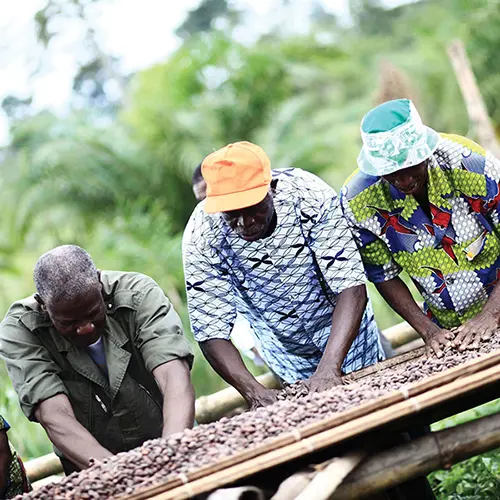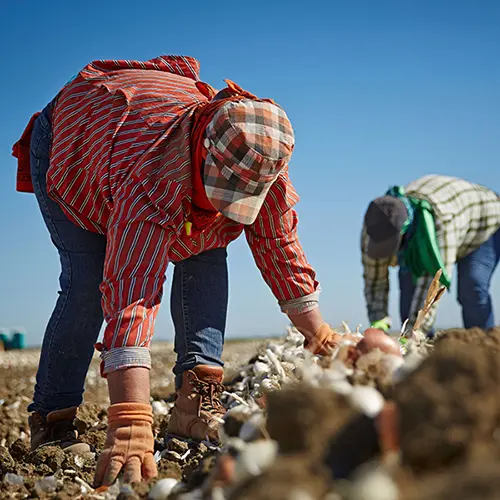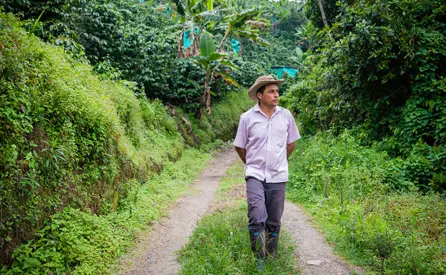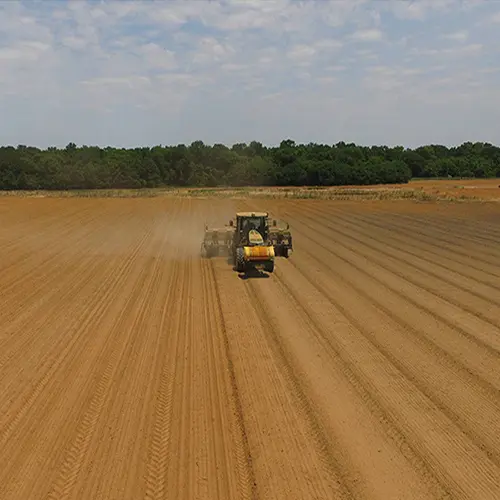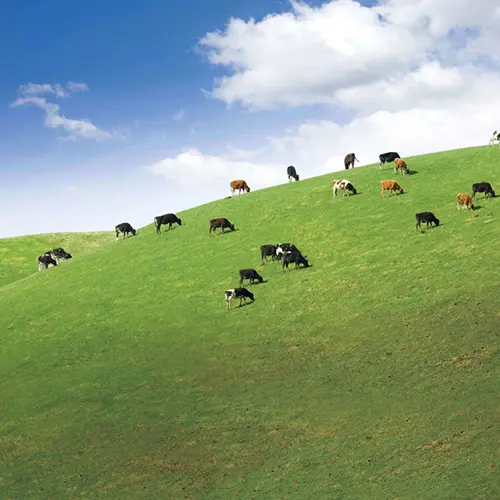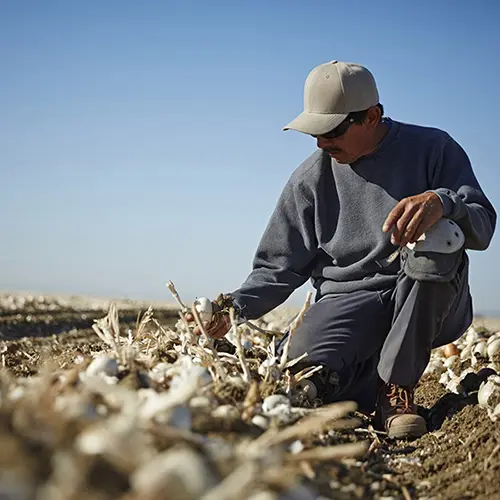Our Anti-bribery and Corruption (ABC) Policy reflects our commitment to uphold local and international law, and make sure our employees act with integrity.
If you have a suspicion or concern of serious wrongdoing, you are encouraged to Speak Out! This can be done by speaking directly to an ofi responsible officer or via “SpeakOut” – our independent reporting platform.
Your concerns will be investigated by a team of experienced business managers, in line with our Whistleblowing Policy. We will ensure that your concern is investigated independently, and necessary actions are taken.
We work hard to make sure all employees are treated with dignity and fairness, and that their rights are respected. Our Fair Employment Policy is in full compliance with the conventions of the International Labor Organization (ILO) and United Nations Global Compact’s (UNGC) guiding principles .
The ofi Supplier Principles
At ofi, upholding high standards of behavior and conducting business in an ethical, socially responsible, and environmentally sustainable manner is integral to our continued success. We also expect our suppliers to also embrace responsible workplace practices which are communicated in the ofi Supplier Principles.
Download ofi Supplier Principles
As a large, global company we have a responsibility to make sure human rights are respected in all parts of our business.
The Living Landscapes Policy supports a ‘Net-Positive’ approach to sustainable development in agricultural supply chains and landscape management. The co-existence of prosperous farmers and food systems, with thriving communities and healthy ecosystems, with the aim of putting more back into food and farming systems than is taken out.
The Plantations, Concessions and Farms (PCF) Code defines the process and standards for managing the environmental and social requirements of acquisitions and new and existing upstream developments across the entire project lifecycle. It is applied in conjunction with the Living Landscapes Policy.
We fully support high animal welfare standards. These include not only good health, but mental wellbeing and the ability of animals to exhibit species-specific behaviour.
We aim to build long-term relationships with suppliers based on responsible business practices and trust. The Agri Supplier Code sets out our expectations to support our goal to purchase raw materials and products produced in a manner that is socially responsible, economically profitable and environmentally sustainable.
Our approach to marketing is in line with our high standards of business ethics.
Download the Responsible Marketing Policy
Olam supports a science-based approach to Genetically Modified Organisms.
Download the GMO position statement
Read ofi news
By Andrew Brooks, Head of Cocoa Sustainability, olam food ingredients (ofi)
This week, the world’s attention turns to a heavy burden that can damage a child’s Health and Education: child labour. In ofi's cocoa business, we are focused on solving this problem every day.
Most child labour in cocoa relates to children carrying out hazardous tasks on the family farm, distinct from the much rarer issue of forced labour, and has no one cause. Labour laws can be misunderstood, and schools might be located far away. Even if there is a school nearby, children may not have the documents they need to enrol. When combined with rural poverty, many parents think their child’s time is best spent helping on the farm. And now, these cocoa-growing communities are also battling a global health pandemic.
We’re working to tackle each of these challenges in turn. Under our Cocoa Compass sustainability ambition, we aim to completely eradicate child labour from our direct supply chain by 2030 and ensure farmers’ children can access the education they are entitled to. In 2020, we reached the critical milestone of rolling out child labour monitoring across 183,000 households in nine countries.
There is still a lot to do, and collaboration with our customers, national governments, and civil society is essential. For example, we recently asked the Fair Labor Association (FLA) to assess the extent to which cocoa farmers and their families have benefited from our sustainability programmes in Côte d’Ivoire, their perception and satisfaction with these interventions, and help to refine our approach further.
Using a due diligence methodology called Social Impact Assessment, the FLA collected extensive data and interviewed over 450 people from ten cocoa communities, including women and children. It found that of all our efforts to tackle child labour, the setting up of child labour monitoring and remediation and enabling access to education are the most advanced and have the most significant impact.
It also revealed that over two-thirds of those interviewed think child labour is on the decline in their community, and 80% believe that the interventions by ofi and our partners are contributing to protecting children.
There are areas for improvement. The FLA suggested we provide additional support to help farmers access affordable labour. And ensure greater follow-up with Village Savings and Loans Associations to maximise their ability to promote child protection.
We know that combining our efforts through multi-stakeholder partnerships, championed by local and regional governments, and supported by international finance institutions, is the best way to create the kind of long-term systemic change needed to reach universal school attendance
and graduation for children in cocoa communities.
This World Day Against Child Labour reminds us that if we want to put children first in cocoa, we must be open to testing new approaches and adapting our efforts based on what works best. The future of a cocoa generation is at stake if we don’t.





